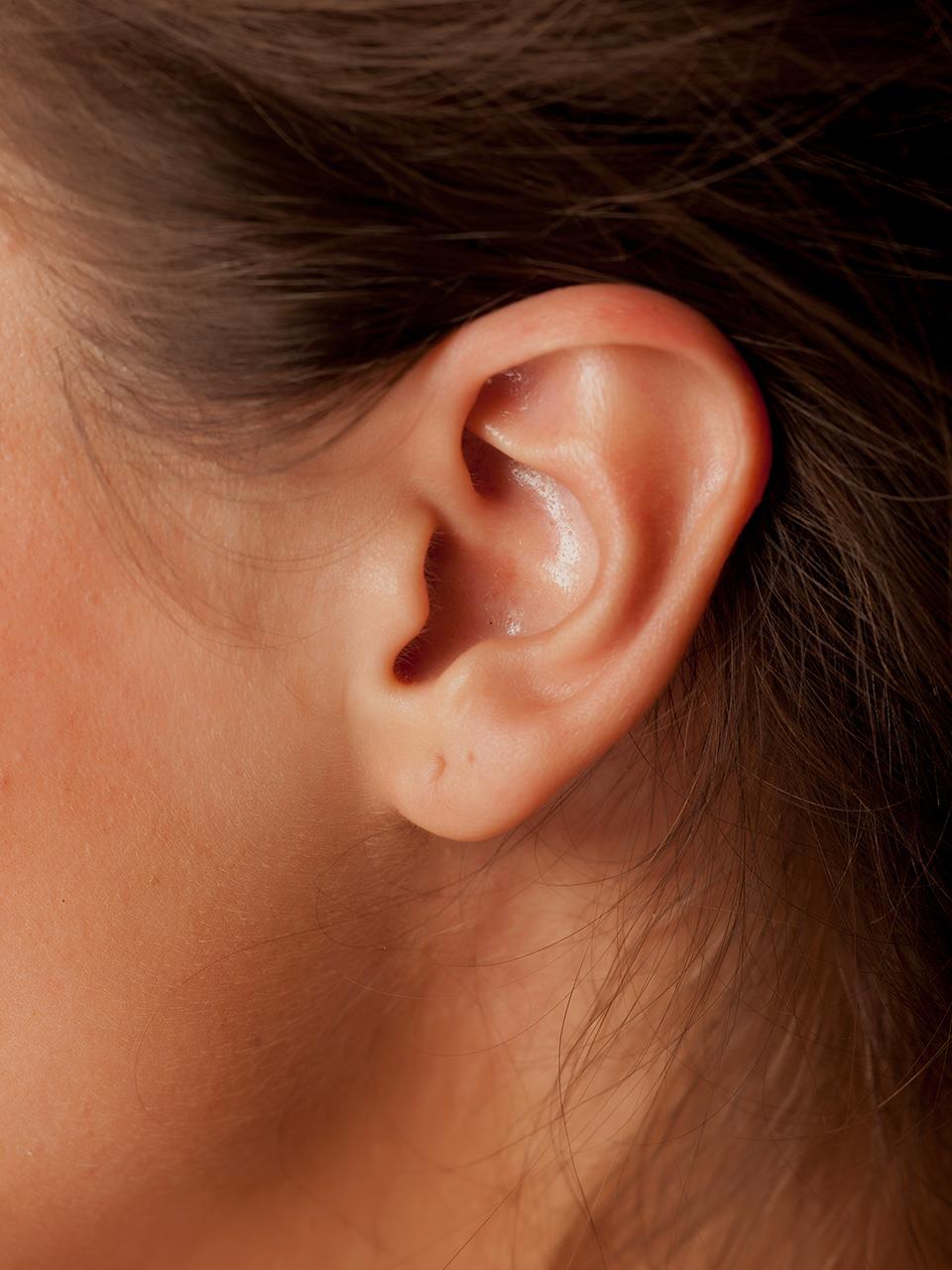
Tap to Read ➤
Itchy Throat and Ears
Ashwini Kulkarni Sule


Some of the most common symptoms of allergies and similar disorders include itchy throat and ears. Read on to know what causes it.

Sore, itchy throat is one of the most common throat problems. If your throat itches, it is most likely that you will also have itching inside ear. The reason is that throat, ear and nasal passages are all connected from the inside.

Therefore, a problem with any one of these organs also affects the functioning of the others. There are several causes for itchy inner ear and throat. In this story, you will also find some effective remedies to treat the same.

Causes

Allergies
Allergies are the prime cause of itchy throat and ears. There are several nerves which end in the throat. These nerves are protected under the mucus lining inside the throat. The lining of the throat is coated with mucus for smooth passage of food and other materials.

Sometimes, the ends of the nerves get exposed due to dried mucus lining. As a result, allergens such as pollutants, certain foods irritate the nerve ends and cause itchy throat. The passage from throat to ears also itches due to same reason. Dairy products, peanuts are some common culprits for food allergies.

Dehydration
Dryness of the throat is mainly what causes itchy throat. Dehydration is common during fever or infections, which leads to drying up of mucus lining in the throat. As a result, you experience itching inside the throat.

Dehydration also occurs as a side effect of certain medications or a result of excessive smoking, tobacco chewing etc. Besides, certain diseases such as AIDS, Parkinson's disease, diabetes also cause dryness of mouth and throat.

Infections
Certain viral and bacterial functions lead to sore throat, which also itches at times. Bacteria called streptococcus is responsible for sore, strep throat. Viral infections usually manifest in the form of common cold and flu. Bacterial throat infections also contribute to the inflammation of the tonsils, larynx and pharynx.

Treatment for Itchy Throat and Ears

Antihistamines
Antihistamines can effectively relieve the symptoms of itchy ears and throat. They can substantially reduce the allergic response to certain allergens. The antihistamines that are often used for treating this condition are diphenhydramine (benadryl) and chlorpheniramine (chlor-trimeton). Certain herbs like green tea and licorice also act as natural histamines.

Antibiotics
If itchy throat and/or ears is due to viral or bacterial infections, then antibiotics can prove to be of great help. Antibiotics such as clarithromycin, penicillin, amoxicillin and clindamycin are mostly used for treating bacterial infections.

Home Remedies
There are a number of home remedies that can effectively relieve the symptoms of itchy throat and ears.

» Gargling with warm salt water soothes itchy and sore throat. If you wish, you may also add a pinch of turmeric to this water. Turmeric is a natural disinfectant, thus gets rid of all types of infections.

» Alternatively, you may also boil a cup of milk and add a pinch of turmeric to it. Drink this milk at night as it is a great remedy for sore throat and ear pain.
» Eating a few cloves of garlic with honey also helps relieve the itchiness in throat.
» Similarly, warm concoction of ginger, tea and honey also soothes the itchy throat.
» Eating a few cloves of garlic with honey also helps relieve the itchiness in throat.
» Similarly, warm concoction of ginger, tea and honey also soothes the itchy throat.

» Steam vaporizer gives an instant relief from itchy throat as it hydrates the throat and stimulates the mucus production, thereby reducing the itching.
» If you experience itchy throat after waking up in the morning, then you might benefit from using a humidifier at night.
» If you experience itchy throat after waking up in the morning, then you might benefit from using a humidifier at night.

» One quick remedy is sucking throat lozenges or chewing gums.
» Daily intake of vitamin C reduces the occurrences of itchy throat and ears. If it is due to allergens, then preventing the trigger can alleviate this condition.
» Daily intake of vitamin C reduces the occurrences of itchy throat and ears. If it is due to allergens, then preventing the trigger can alleviate this condition.

Although, itchiness in ear and throat is not a serious problem, it can definitely affect your quality of life by making you irritable. Hence, you should certainly take measures to treat this condition.

Disclaimer: This story is for information purpose only, hence should not be used as a substitute for medical practitioner's advice.